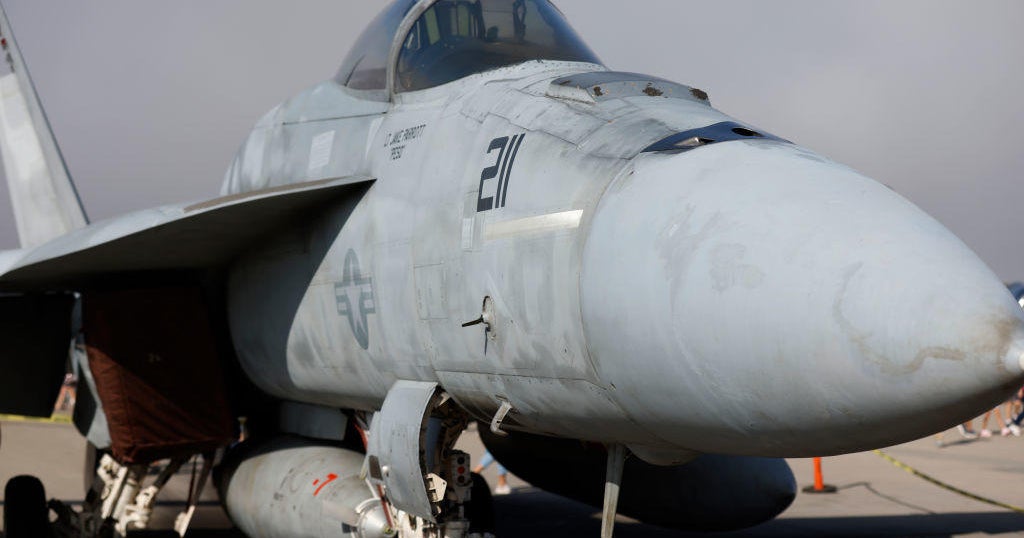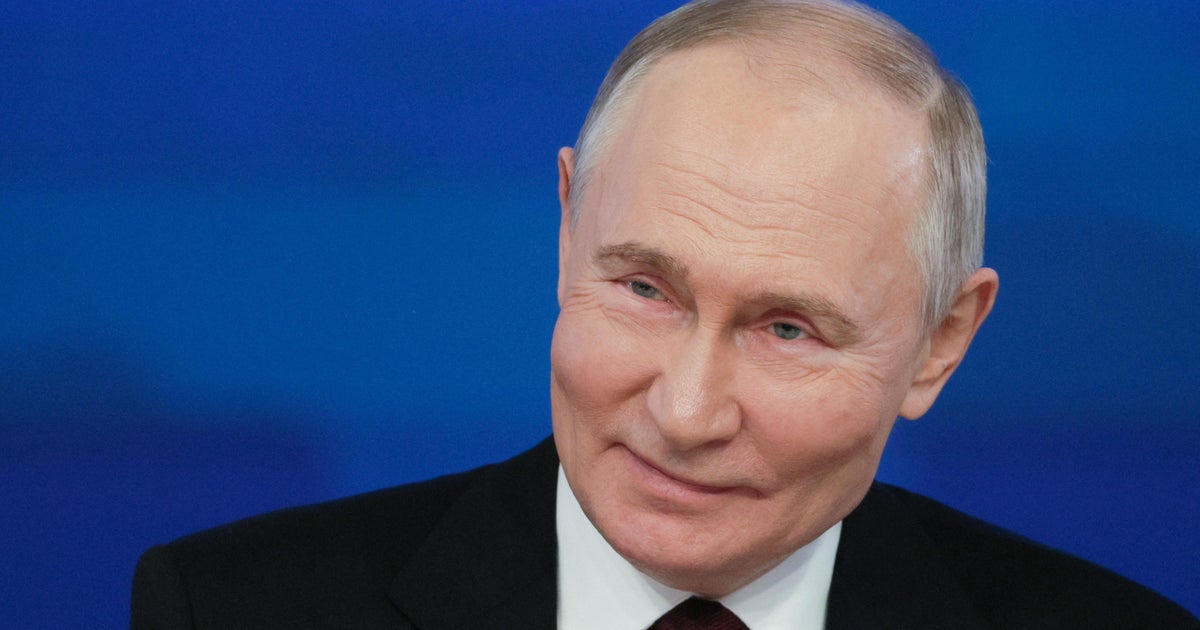Understanding the Venezuelan presidential crisis: Who are Juan Guaidó and Nicolás Maduro?
Venezuela is engulfed in chaos as two men claim to be the rightful leader of the country. Juan Guaidó, the former National Assembly leader who was appointed acting president in January, is pushing to oust Nicolás Maduro, who took over after the death of Hugo Chavez in 2013 and has consolidated an authoritarian grip over the country. The U.S. is backing Guiadó and has declared Maduro "illegitimate."
While these two men are at the heart of the democratic crisis in Venezuela, the roots of the accompanying economic crisis began years earlier and accelerated with the death of Chavez and the collapse of a socialist, state-managed, oil-dependent Venezuelan economy.
Chavez, a charismatic socialist and former military general, dominated Venezuela for 14 years as president. He won democratic elections in 1998, 2000, 2006 and 2012. By the time of his death in 2013, corruption and mismanagement by an entrenched state apparatus had ravaged a once-booming energy industry. Despite holding the world's largest oil reserves, Venezuela's debt exploded and inflation intensified the stress on an already poor economy. Into the vacuum left by Chavez stepped Nicolás Maduro, his right-hand man.
Maduro clung to power amid a total economic meltdown. He imposed laws that critics say wiped out all pretense of Venezuela being a democratic country. Opposition members were elected by huge majorities in 2015 to lead the National Assembly, a single-body legislature that is essentially Venezuela's version of Congress. They attempted to constrain Maduro with their newfound power. In response, Maduro called a special election in 2017 that was widely denounced as rigged. It created the Constituent Assembly, a competing 545-seat body filled entirely with pro-Maduro loyalists, formed with the express purpose of drafting a new constitution for Venezuela. The Constituent Assembly has since granted itself virtually unlimited powers, and has banned the National Assembly from passing laws, refusing to recognize them.
The Supreme Tribunal of Justice, Venezuela's version of the Supreme Court, is filled with Maduro-Chavez loyalists. In 2017, the Tribunal ruled to dissolve the National Assembly and granted themselves the power to write their own laws, cementing one-party rule in Venezuela.
Protest movements erupted in 2017, fueled by by hundreds of thousands of Venezuelans opposed to the destruction of electoral democracy and alarmed by a deteriorating economic situation which has left millions trapped in poverty and starvation, lacking basic medical care and even electricity. Inflation recently hit one million percent and more than a million people have fled the country.
Maduro sent security and military forces to crack down on protests, operations that sometimes turned deadly. The United Nations has accused his regime of committing human rights violations. Political protesters have been detained without trial and opposition party lawmakers have been jailed.
Venezuela's army has largely remained loyal to Maduro, and there are vigilante units called "colectivos," numbering some 1.6 million members, which run intimidation campaigns against the population and democratic protesters.
Out of this chaos a new leader emerged. Juan Guaidó became the face of Venezuela's opposition party when he contested the results of Maduro's 2018 electoral landslide, one deemed "a sham" by the U.S. Following what Guaidó and the opposition deemed an illegitimate election, the National Assembly invoked the constitution to declare the office of the presidency as vacant. As speaker of the National Assembly, Guiadó was appointed acting president in January in front of thousands of supporters.
Young, vibrant, and telegenic, the 35-year-old Guaidó has argued he is the rightful acting president of Venezuela, declaring Maduro an "usurper." Maduro's only previous presidential election came in 2013, which he won by a slim margin over Henrique Capriles, who described the outcome as "an illegitimate process."
Guaidó's claim on the presidency has drawn support from the United States, while Russia is backing Maduro. The Trump administration refuses to recognize Maduro's government, calling him "a dictator" and hitting the regime with financial sanctions that have further weakened Venezuela's already crippled economy.
Guaidó was briefly detained by Maduro's forces in January, and his chief of staff was dragged from his home and jailed in March. In February, Guaidó traveled to neighboring Colombia to appeal for backing at a summit of regional leaders. He met there with Vice President Mike Pence, who expressed "resolute" U.S. support for his leadership. Meanwhile at the border, Maduro's troops unleashed tear gas on Venezuelan residents and blocked truckloads of humanitarian aid.
On Tuesday morning, Guaidó announced parts of the military supported his claim to leadership, and called on Venezuelans to rise up against the Maduro regime in an effort he called "Operacion Libertad" — Operation Freedom. A violent crackdown ensued. Maduro claimed victory by Tuesday night, while Guaidó called for more protests, leaving the presidential and economic crisis in Venezuela to continue.






